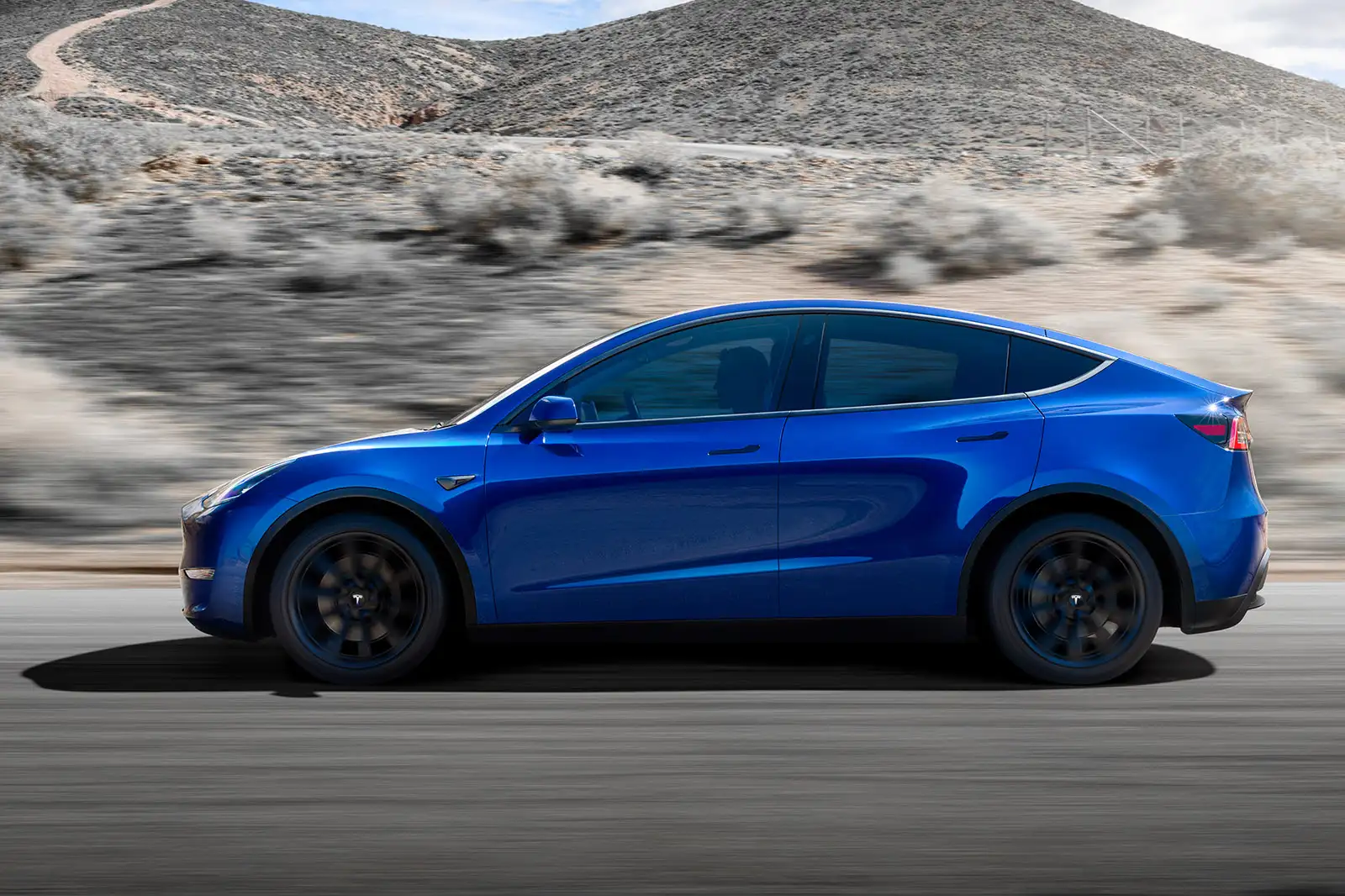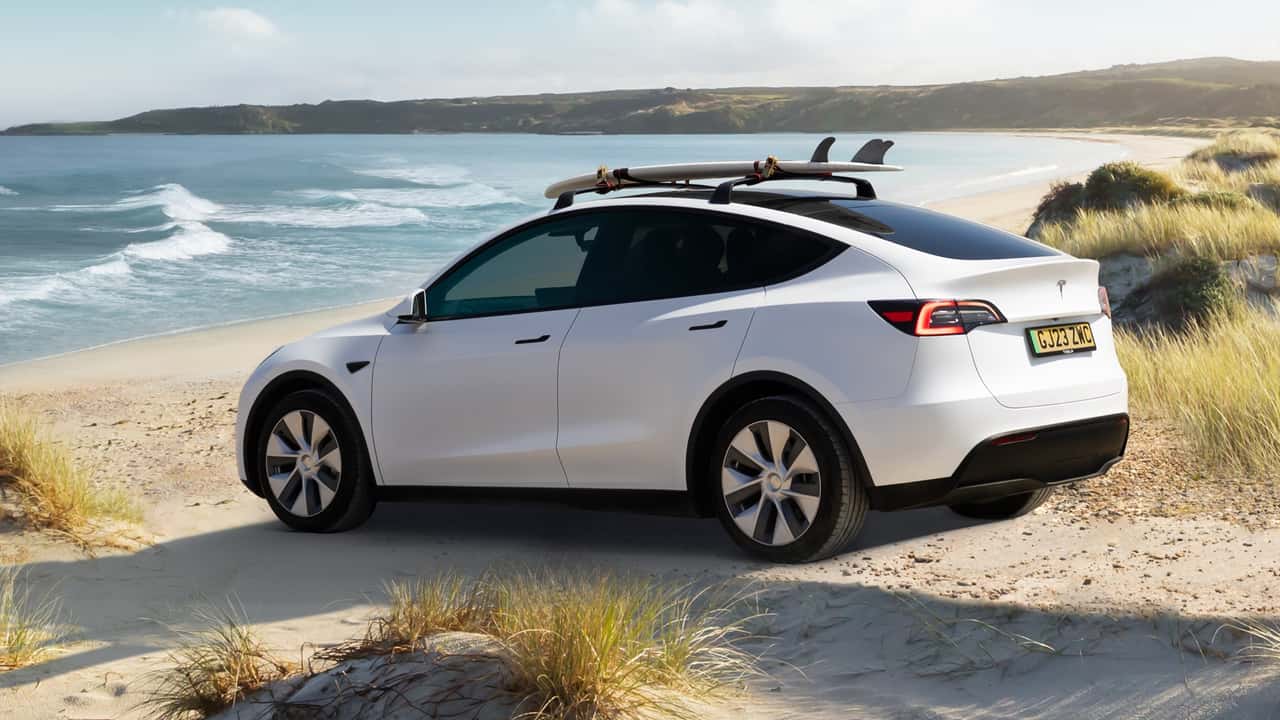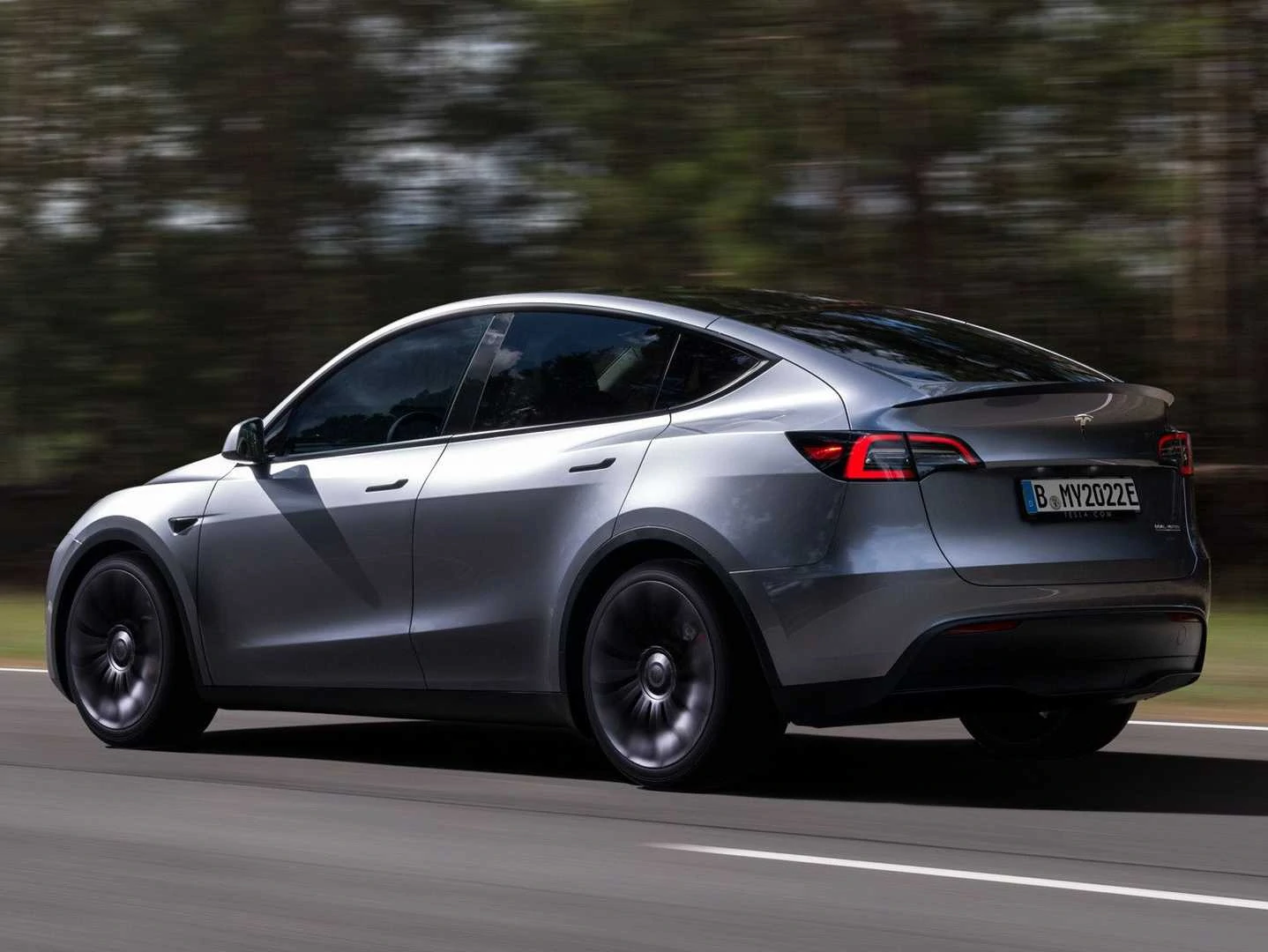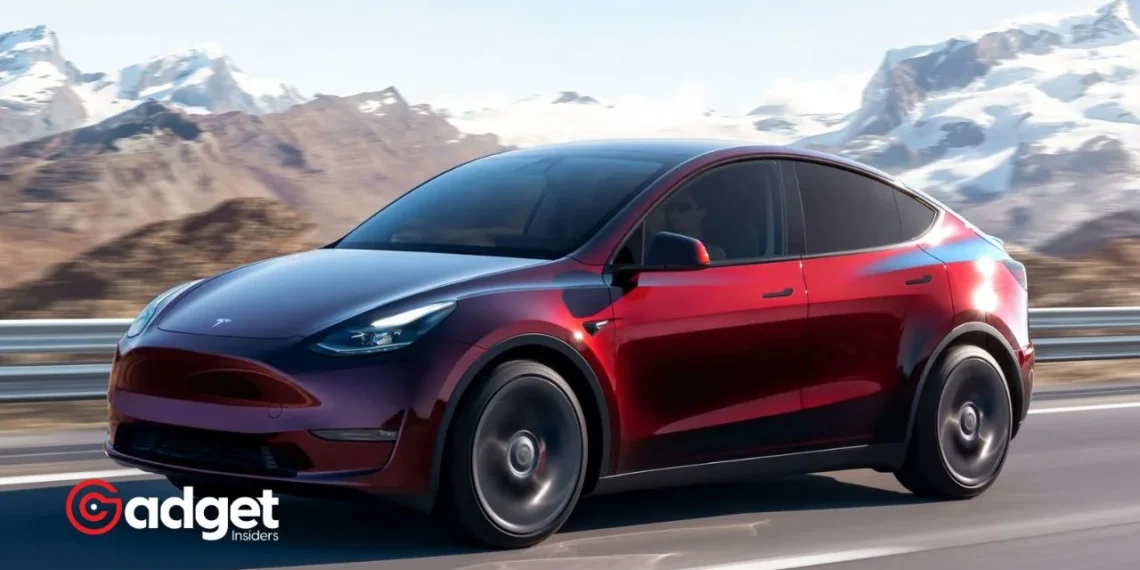In the ever-evolving landscape of the electric vehicle (EV) industry, Tesla, the trailblazer of electric mobility, is once again making headlines. The American automotive giant has announced a significant price hike for its Model Y vehicles in Europe, a move that comes on the heels of a similar adjustment in the United States. This decision is a testament to the complex interplay between production efficiencies, market demand, and competitive dynamics that Tesla navigates.
Moreover, the company has recently settled a high-profile discrimination lawsuit, showcasing the multifaceted challenges it faces beyond the automotive market.
Tesla Adjusts Model Y Pricing in Europe Amid Manufacturing and Market Dynamics
Starting March 22, Tesla intends to increase the prices of its Model Y EVs in certain European markets by €2,000 ($2,177). This decision mirrors a recent announcement of a $1,000 price hike across all Model Y models in the U.S., effective April 1.
European pricing changes reflect adjustments made earlier in the U.S., where the cost for the Model Y rear-wheel drive and long-range models rose to $43,990 and $48,990, respectively. This series of price adjustments comes at a time when CEO Elon Musk has highlighted the delicate balance between maintaining continuous production for efficiency and adapting to fluctuating customer demand.
A year-long pricing war with competitors has notably impacted the company’s profit margins, making these adjustments a critical part of the company’s strategy to stabilize its financial health.

Amid these developments, Tesla has faced challenges beyond the market dynamics. A recent visit by Elon Musk to the electric car plant in Gruenheide near Berlin drew attention not only to the company’s innovative endeavors but also to the operational disruptions caused by a suspected arson attack that led to a production halt.
Such incidents underscore the external challenges the EV giant faces as it aims to sustain its growth trajectory and production milestones.
Tesla Navigates Legal Waters with Discrimination Case Settlement
Further complicating the landscape for Tesla is the recent settlement of a racial discrimination case involving Owen Diaz, a former employee at the company’s Fremont, California plant.
The settlement follows a federal jury awarding Diaz $3.2 million, concluding a legal battle that underscored the company’s challenges in managing workplace culture and discrimination allegations.

Diaz’s courage in standing up to Tesla has been highlighted by his legal team as a significant moment for civil rights, though questions remain about Tesla’s commitment to addressing discriminatory behavior within its ranks.
This legal ordeal, coupled with ongoing litigation by the Equal Employment Opportunity Commission (EEOC) over alleged chronic racial harassment, places a spotlight on the importance of corporate ethics and responsibility in Tesla’s operational model.
Tesla intends to raise Model Y EV costs in some European regions by 2,000 euros ($2,177) on March 22. https://t.co/ZUZERlgKj3
— Tech Times (@TechTimes_News) March 17, 2024
Collaboration in the EV Sector: Nissan and Honda Forge Ahead
In the broader EV market, Tesla’s competitors are not standing still. Nissan and Honda have announced a groundbreaking collaboration to advance electric vehicles and auto intelligence technology.
This partnership aims to explore opportunities for joint development of core technologies while maintaining separate product lines, signaling a strategic move to counter the competitive pressures in the global shift towards electric mobility.
Such collaborations highlight the industry-wide recognition of the urgent need for technological innovation and the importance of strategic alliances in overcoming market uncertainties and fostering sustainable growth in the EV sector.

Tesla’s recent price adjustments and legal settlement reflect the multifaceted challenges and strategic decisions the company faces in a rapidly evolving industry.
As Tesla navigates these complexities, its actions continue to influence market dynamics, competitive strategies, and the broader conversation around corporate responsibility and innovation in the electric vehicle space.


